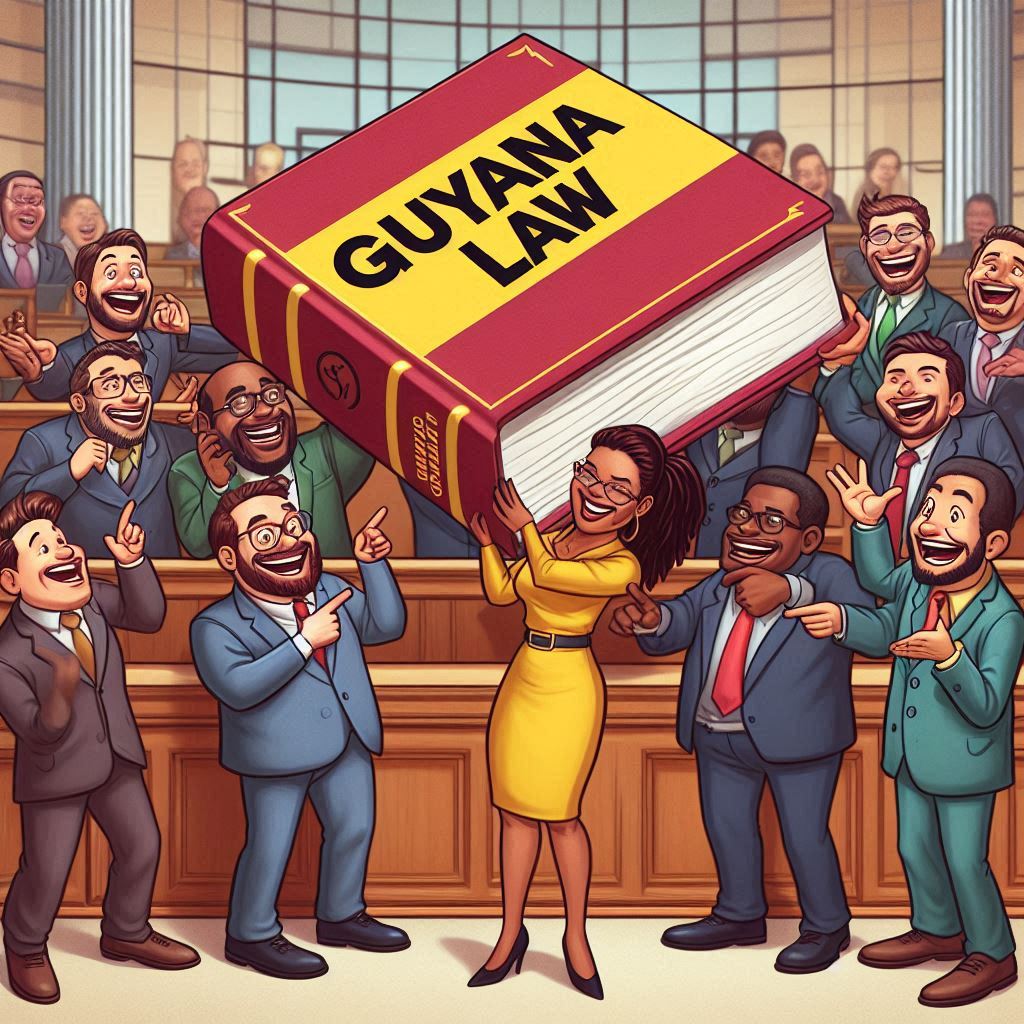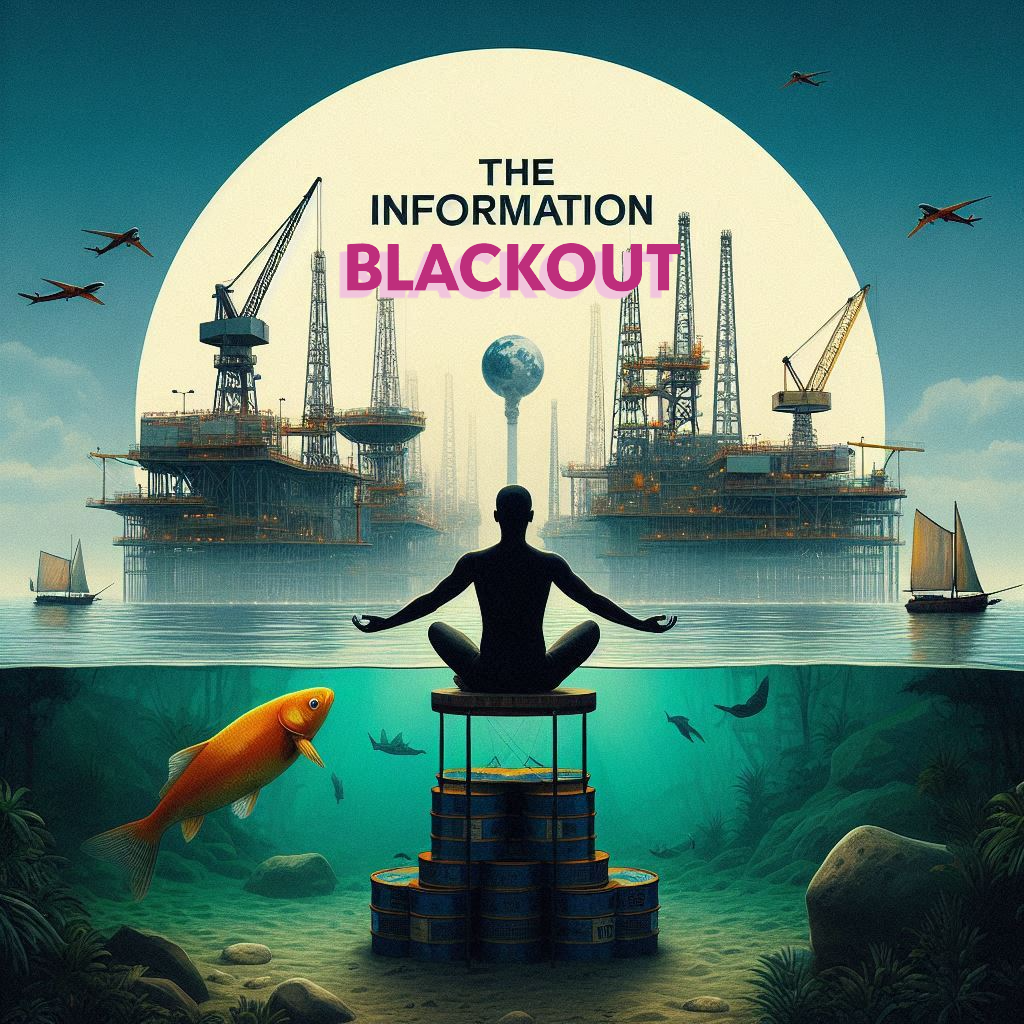Every Man, Woman and Child in Guyana Must Become Oil-Minded – Column 152
The exchange over Guyana’s Natural Resource Fund (NRF) involving Dr. Terrence Campbell, VP Bharrat Jagdeo and Dr. Ashni Singh has revealed troubling misunderstandings of our fiscal legal framework, not least from those who ought to know better. What began as a straightforward observation about the utility of the NRF Board and its Investment Committee has exposed fundamental questions about how the Administration interprets and implements critical legislation.
Vice President Jagdeo, rather than addressing the core issue raised by Campbell, dismissed Campbell by contrasting their backgrounds – though his portrayal of Campbell as privileged compared to his own East Coast roots backfired when Campbell reminded everyone of his Mahdia origins. Finance Minister Singh then peculiarly echoed this line about Campbell receiving a “schooling” from an honorary doctorate holder.
The constitutional and legal framework
But let us focus on the law, which both officials seem to have misread or misunderstood. The legal framework rests on three pillars:
First, contrary to the Minister’s claims, Article 216 of the Constitution does not restrict the deposit of revenues into the Consolidated Fund. In fact, it allows Parliament the flexibility to place funds into other accounts. If it did not, the Natural Resource Fund itself would be unconstitutional.
Second, the Fiscal Management and Accountability Act (FMAA) defines public money and governs its management. While it creates strict rules about handling public funds, it also does not, and lawfully cannot, prevent placing money received into special or separate funds. Again, think of the Gold Board or the Forestry Commission, both of which receive public money.
Third, and most crucially, as Campbell pointed out, section 16(2) of the NRF Act explicitly requires all withdrawals (not just emergencies, as Jagdeo falsely claimed) to be used for national development priorities and disaster-related projects. This requirement creates a clear mandate for tracking and reporting – after all, how can a Parliamentarian, let alone a citizen, verify compliance without knowing the national development priorities.
Compounding the failings
The Hansard of the debate on the 2021 NRF Act tabled by the PPP/C to replace the Coalition’s 2019 Act of the same name adds another layer of concern. On the occasion of its debate in the National Assembly, the same Minister who attempted to disparage Campbell was the only speaker in a segment that lasted much less than an hour. Instead of putting on the national record and informing his colleagues of the virtues of its historic piece of legislation, the Minister, as has become his style, spent much of his time on political criticism rather than on substantive analysis of how the law would work. For legislation governing intergenerational wealth, this was a grave dereliction of duty and disregard of the National Assembly. The Act’s Explanatory Memorandum, which could have clarified these matters, was no better.
Until the courts definitively interpret section 16, citizens will argue endlessly about its meaning and intent. But one thing is clear: the law does not prevent the detailed tracking Campbell advocates. If anything, it requires it. The current structure allows for proper monitoring of oil revenues and NRF expenditure.
The way forward requires honest engagement with these legal provisions rather than attempts to distort and misrepresent them or dismiss those who raise valid questions. When our highest officials misread (or misrepresent) basic fiscal laws, it raises serious concerns about the governance of our oil wealth.
Conclusion
Future generations will judge us not just on how our generation spent the nation’s money but on how we built the systems to manage it. Their judgement on the PPP/C Administration will be harsh. An Administration that refused to send the Natural Resource Bill to a Select Committee, that rushed it through the Bill in minutes rather than hours, days or weeks, that puts in charge of the NRF a toothless board, that prefers to vest the regulatory oversight over the sector in one man with a predisposition to get his facts and interpretation wrong, should expect the harshest verdict from Guyanese.
Chris Ram











